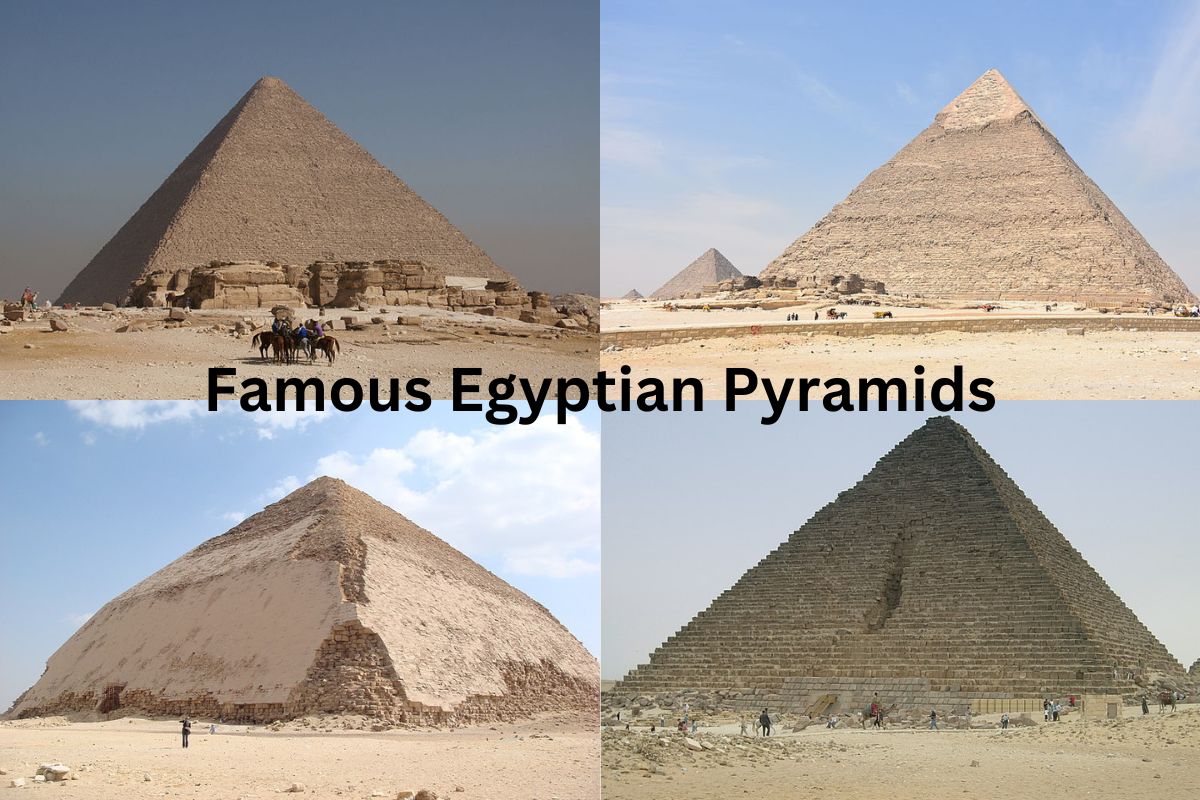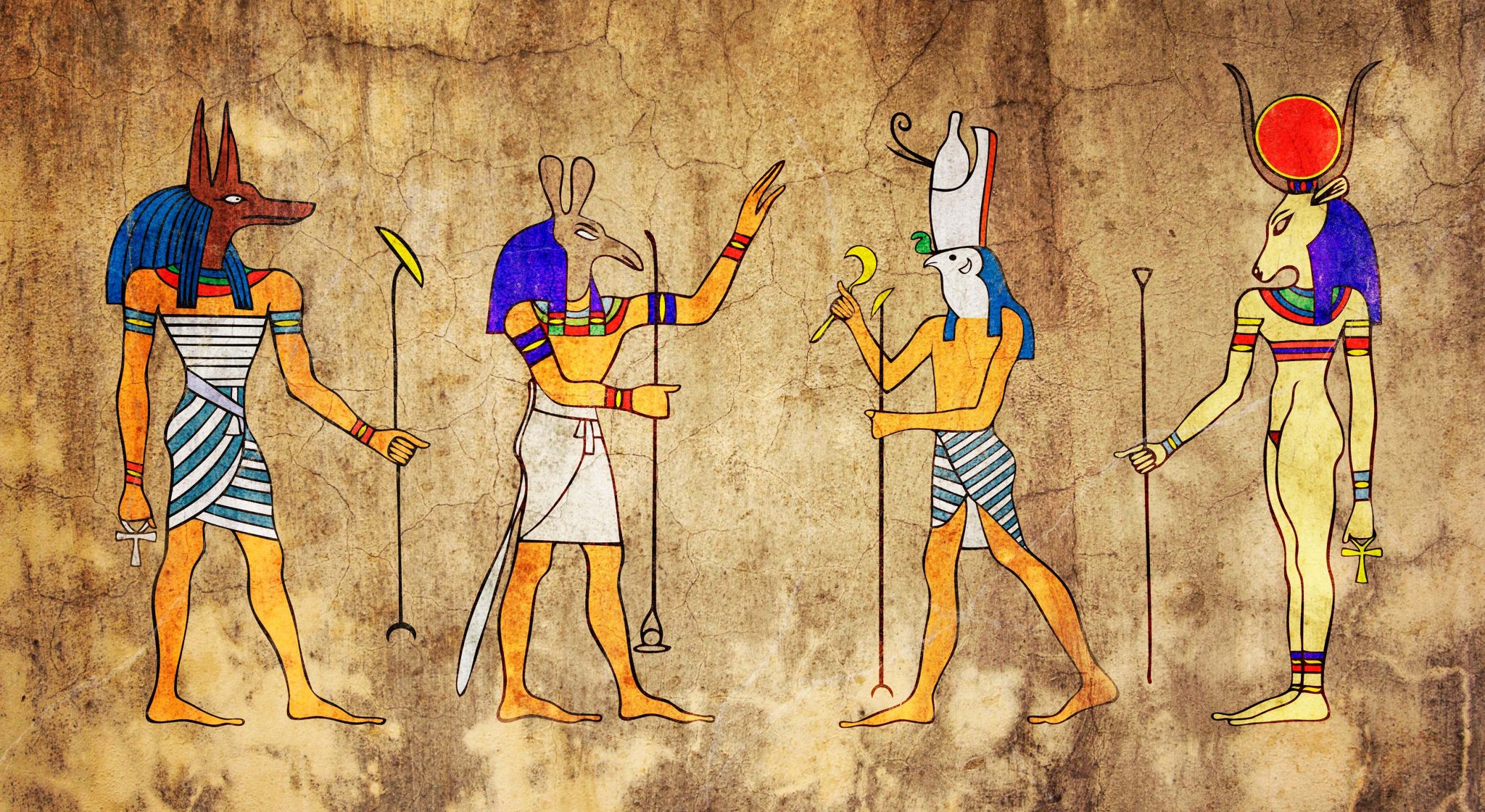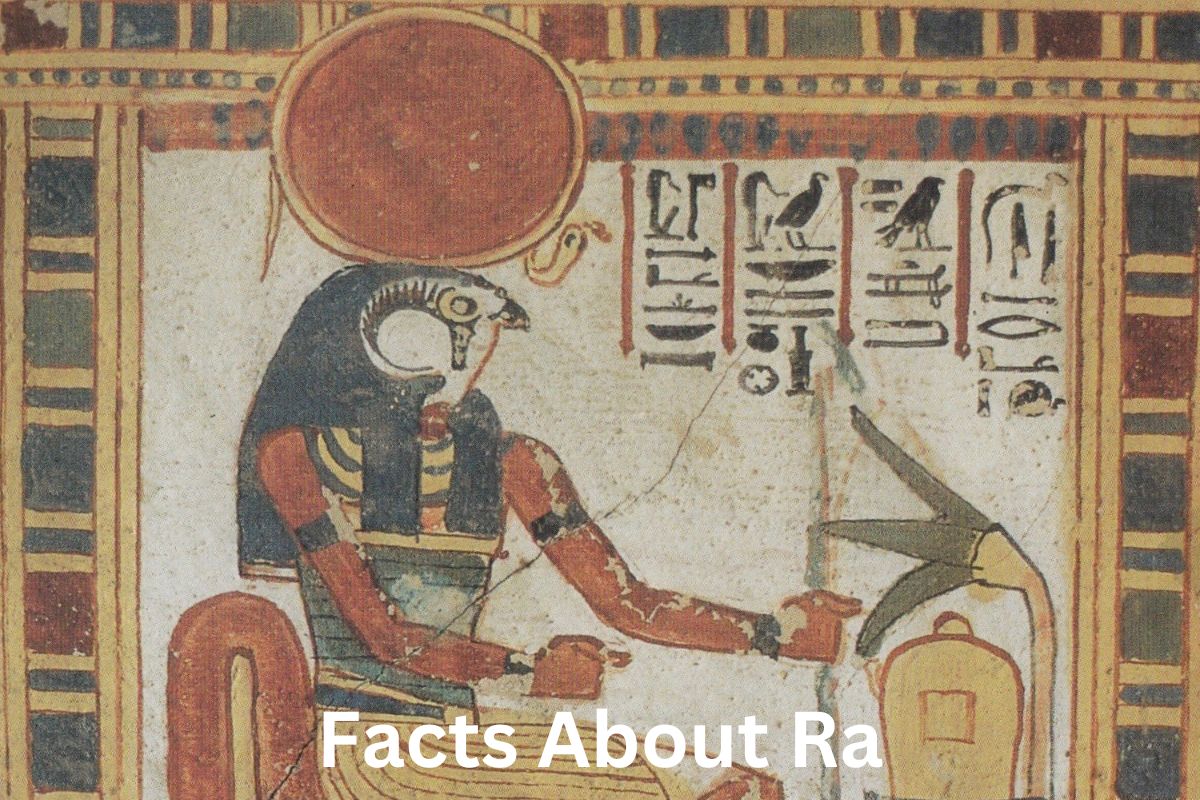The afterlife was a central focus of egyptian beliefs. It is important to note that this is just a brief overview, and there is much more to explore and learn about ancient egypt’s rich and complex history. They believed that life continued after death, and preparation for this journey was of utmost importance.
13 Most Famous Egyptian Pyramids Have Fun With History
The egyptians believed the most significant aspect of their spiritual practices was ensuring a successful transition to the
Ancient egyptian religion consisted of a vast and varying set of beliefs and practices, linked by their common focus on the interaction between the world of humans and the world of the divine.
The great divine hierarchy of ancient egypt was a structured pantheon where gods were ranked based on their power and influence. At the top were the major gods, followed by lesser deities, each serving specific functions within the cosmos. All the main gods acquired the characteristics of creator gods. A single figure could have many names;
Ancient egyptian believed that the gods had the power to use their cosmic authority to influence the lives of people in ancient egypt. It was thought and believed, that any force or influence that caused harm, could be attributed to hostile gods and goddesses. Ancient egypt's history has traditionally been divided into 30 (or sometimes 31) dynasties. One of the most important was osiris, god of the underworld.

Who believed that the dead could
The gods who inhabited the bounded and ultimately perishable cosmos varied in nature and capacity. The word netjer (“god”) described a much wider range of beings than the deities of monotheistic religions, including what might be termed demons. As is almost necessary in polytheism, gods were neither all The egyptian view of death has changed since pharaohs built pyramids as tombs for their afterlife, as religious beliefs shifted with christianity and islam.
Visually stunning and culturally significant, the temples of ancient egypt served as the focal points for these regional variations in rituals and worship. These grand structures were not only places of religious significance but also architectural marvels that showcased the rich artistic and spiritual traditions of the ancient egyptians. One of the most fascinating elements about ancient egyptian society is their religion. The egyptians worshiped a pantheon of hundreds of deities, and they believed that each one was crucial controlling different elements of the

Who got mona lisa smiling like that, tho?
Egyptians believed the most significant afterlife journey. The afterlife was a central focus of egyptian beliefs. They believed that life continued after death, and preparation for this journey was of utmost importance. The egyptians believed the most significant aspect of their spiritual practices was ensuring a successful transition to the
Sound from cunk on earth Ancient egyptian beliefs about life and death. In egyptian mythology, the duality of existence is a prominent theme. The ancient egyptians believed in both a physical life and a spiritual life, each with its own significance and implications.

Ancient egyptian religion was a complex system of polytheistic beliefs and rituals that formed an integral part of ancient egyptian society.
Ancient egyptians believed in a multitude of gods and goddesses which they worshipped through elaborate ceremonies and offerings. The religious beliefs and practices of ancient egyptians permeated every aspect of their daily lives The most important god to the ancient egyptians was the sun god, ra. Ra was the son of the creator god, atum.
According to egyptian mythology, ra created the world by spitting out the elements that formed the universe. Ra was also responsible for lighting the world with the sun and waging war against the forces of chaos. Another popular tradition in ancient egypt was, if you were a pharoh, it was common for you to marry a relative e.g. They did this to make sure that royalty stayed in their immediate family.

Another belief was about the importance of cats.
The ancient egyptians believed that cats were gods. The concept of the afterlife in ancient egypt. In ancient egypt, the concept of the afterlife held great significance. The egyptians believed in a physical afterlife, where the preservation of the body was crucial.
This belief was deeply intertwined with their practical and cultural beliefs surrounding death and the journey to the afterlife. It seems that what most people associate with the egyptians is their beliefs about death and what happens afterwards. However, you may not be surprised to learn that the ancient egyptians had a very complex belief system about the afterlife. Ancient egyptian religion had a big impact on architecture as well.
The most significant buildings in ancient egypt were temples, which were built to showcase the majesty and strength of the gods.
In addition to temples, tombs played a significant role in ancient egyptian architecture. About press copyright contact us creators advertise developers terms privacy policy & safety how youtube works test new features nfl sunday ticket press copyright Among the most important of these gods were the three who made up the theban triad: Amun, mut, and knons (also known as khonsu).
Religion was extremely important in ancient egypt. It was so intertwined in the culture that it was part of everyday life, and many ancient egyptians believed in many gods and goddesses. Religion and the gods had an effect on many aspects of ancient egyptian life, and it was also important in terms of burial rites and afterlife preparations.